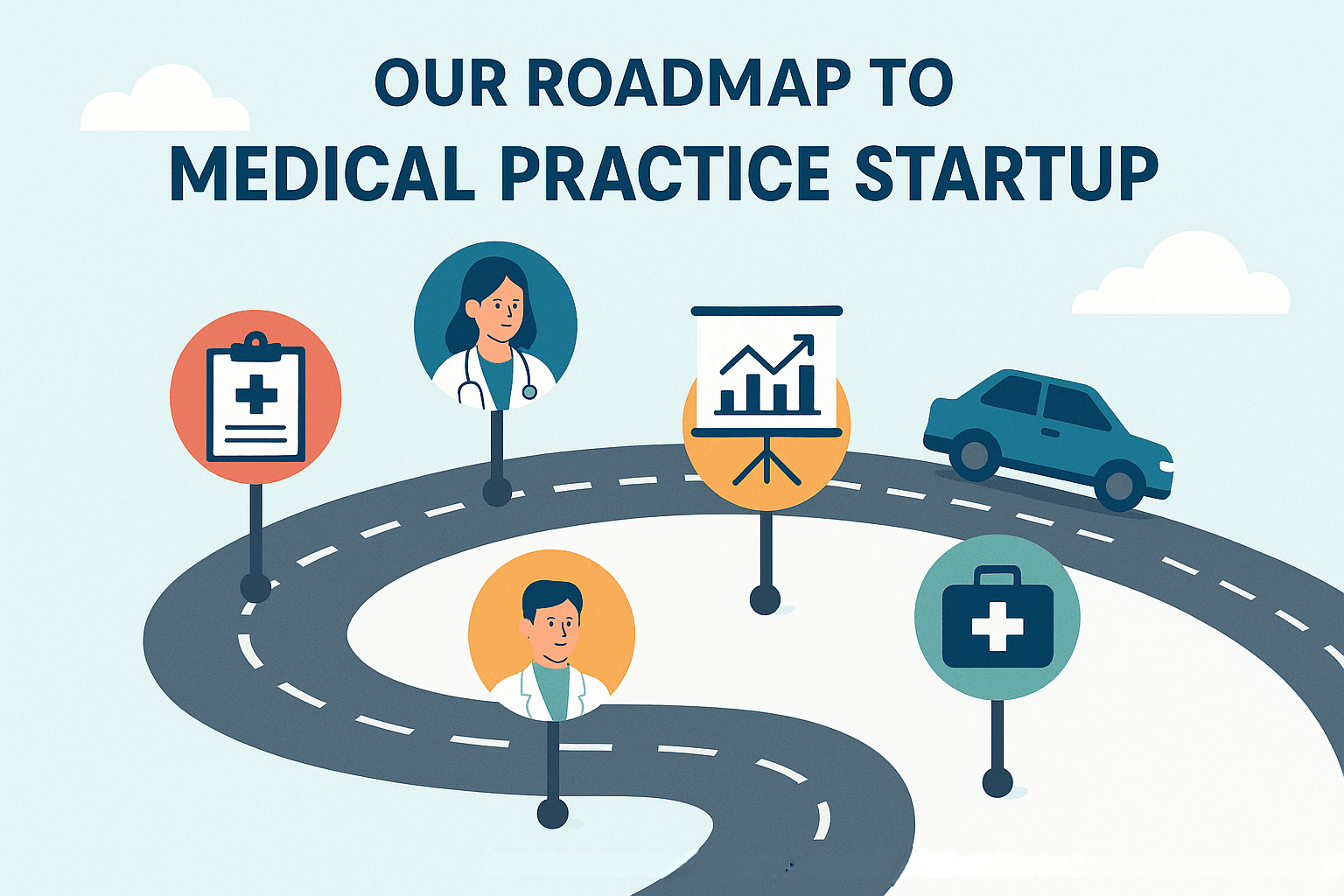Follow Us
RECENT POSTS

This guide helps independent physicians achieve operational excellence by streamlining workflows, enhancing management, boosting efficiency, and leveraging healthcare consulting for sustainable practice growth.

This guide outlines key steps to start and grow an independent medical practice, covering planning, location, legal compliance, staffing, technology, marketing, and financial management, with support from Cornerstone Healthcare Consulting.

Physician-led practices excel in patient satisfaction through personalized care and strong doctor-patient relationships, unlike corporate models hindered by bureaucracy and impersonal treatment.

Independent practice offers physicians enhanced patient relationships, financial and operational control, and professional growth opportunities beyond autonomy, fostering trust, personalized care, and leadership.

This guide outlines steps to launch a successful independent medical practice, covering vision definition, location, financing, legal compliance, technology, staffing, management, marketing, and financial growth strategies.

Effective financial planning, including budgeting, goal-setting, cash flow management, and expert consulting, is essential for sustainable growth and long-term success in medical practice management.

We are passionate about good medicine, high standards of care, and doing what is best for the patient.
Official info:
- LeRoy, New York
14482, United States - (585) 815-4007
- Monday to Friday
- 9:00 AM to 5:00 PM
Footer
Official info:
- (585) 815-4007
- LeRoy, New York
14482, United States - Monday to Friday
9:00 AM to 5:00 PM
